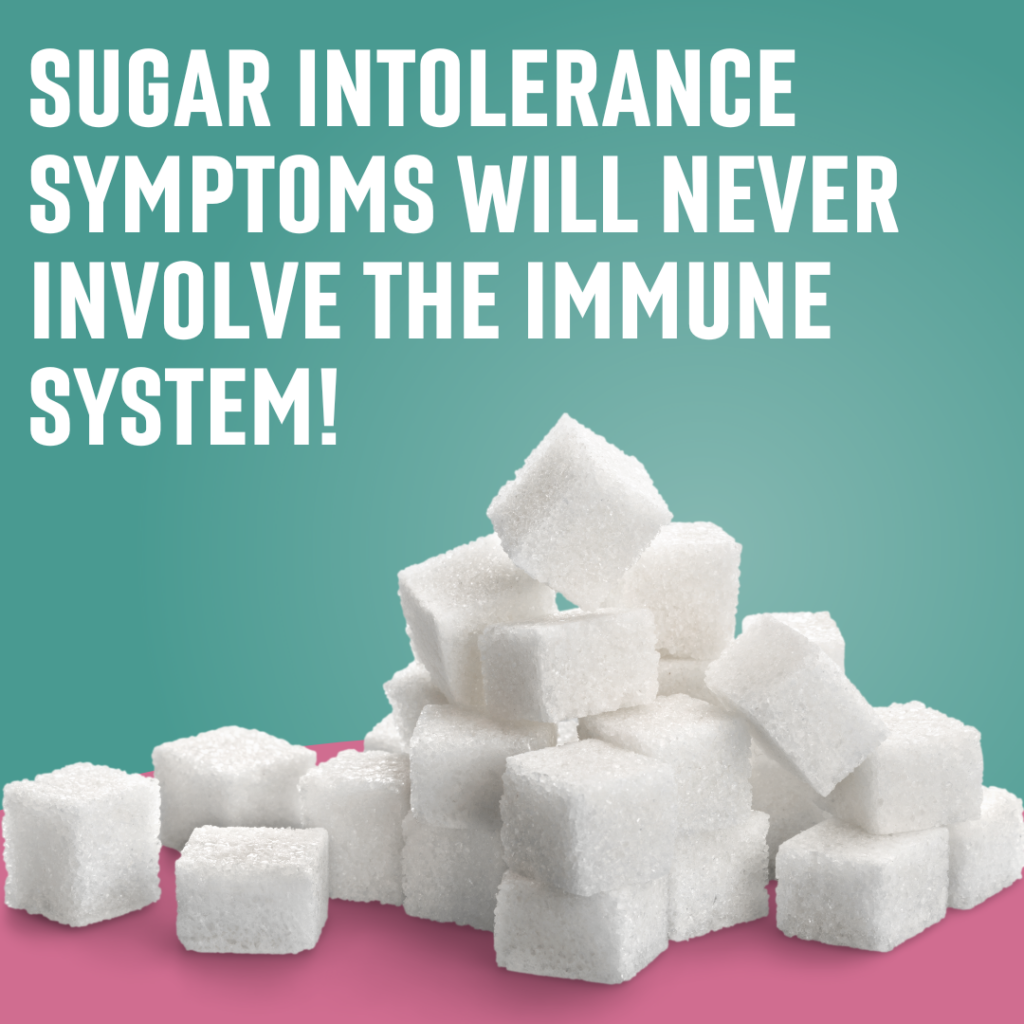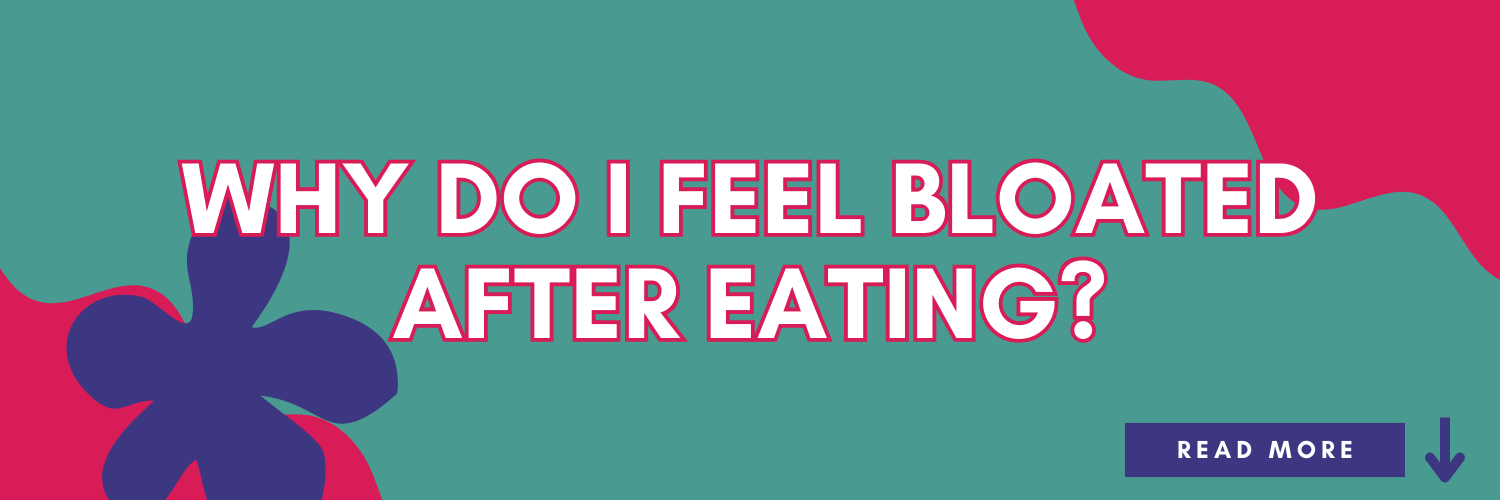You are the best person to judge if something doesn’t sit right in your body. One problem ingredient that often gets overlooked for something else is sugar! If you think you might be having sugar intolerance symptoms, or you might even suspect you are allergic to sugar, then it is time to consider allergy and intolerance testing. It can give you peace of mind and general well-being. There is not much discussion around a sugar allergy vs. a sugar intolerance, so let’s take a deep dive into it and see how sugar can interact poorly with the body.
What is sugar intolerance?
Sugar intolerance is a specific kind of digestion issue. Like other food intolerances, your body lacks the digestive enzyme required for sugar. Since there are many types of sugar, you could be sugar intolerant to only specific types of sugar . The most common causes of sugar intolerance are fructose and lactose.
The essential detail to remember is that sugar intolerance is a digestive issue rather than an immune system issue. This means that sugar intolerance symptoms will never involve the immune system. While it is still essential to learn about, having the distinction in place is reassuring.
Is there such a thing as a sugar allergy?
Typically, you can have either an intolerance or an allergy. Intolerances, while severe in their reactions, are harmless. Allergies, mild to severe, can be very dangerous and even life-threatening. In the case of sugar, however, a sugar intolerance is the common diagnosis.
Most people assume they have a sugar allergy because the symptoms of a sugar intolerance can mimic an allergy. Some of the most common ones include hives and wheezing, alongside the expected ones like an upset stomach. Severe food allergies commonly involve wheezing and hives, which are severe or anaphylactic reactions. Many assume they are dealing with a sugar allergy. In fact, there is no evidence that those having severe reactions to sugar involve the immune system.
That being said, however, a sugar allergy is possible in very rare circumstances. In these rare cases, you could have a severe analytic reaction if it’s not treated quickly. As such, knowing the difference between an intolerance and an allergy is crucial.
So, how do you know what you’re dealing with when the symptoms are so similar? The best way is to get allergy and intolerance testing. This at-home combination test allows you to test for food allergies and food intolerances at the same time. This allows you to get accurate results on what you have or don’t have.

Does a sugar intolerance mean a sugar-free diet?
If you suspect you are sugar intolerant, you might assume you have to go with a sugar-free diet — similar to diabetics. You’ll learn that certain things will be okay for you, and certain things won’t. After all, there are different types of sugar.
You’ll want to document what you eat and how it makes you feel so that you’ll know what kinds of sugar set you off and which types don’t. You also may find that you can have small amounts of sugar but not large amounts. This is very common with those who have mild or moderate intolerances.
Track what you react to and use that information to help you adjust your diet for your comfort. For extra knowledge and security, consider allergy and intolerance testing so that you have clear lab results that help you change your diet even better to minimise sugar intolerance symptoms!
How to live with a sugar intolerance
Sugar intolerance can be a challenge at first. Many “normal” foods are actually sugary without us realising it. In particular, you’ll want to get used to reading the ingredients on packaged foods. Tinned fruit, condiments, stir-in sauces, salad dressings, and breakfast cereals are all common “hiding places” for sugar.
After getting a sugar intolerance diagnosis, the best way to move forward is to talk to your GP. They can help you with the basics of how to live a low-sugar lifestyle. They’ll also be able to recommend whether a dietician would be a good ally to help plan meals and know what to avoid. Both of these professionals will also be able to help you understand if artificial sweeteners are right for you or not.
Sugar intolerances are less commonly discussed than other food intolerances. However, they are important to understand, especially in how they differ from a sugar allergy. This has been your guide to getting to the bottom of a potential sugar issue.
If you’re unsure whether you have a sugar intolerance it’s best to get tested and find out out yourself. The best way is to get allergy and intolerance testing. Get yours now and uncover all your hidden intolerances.





